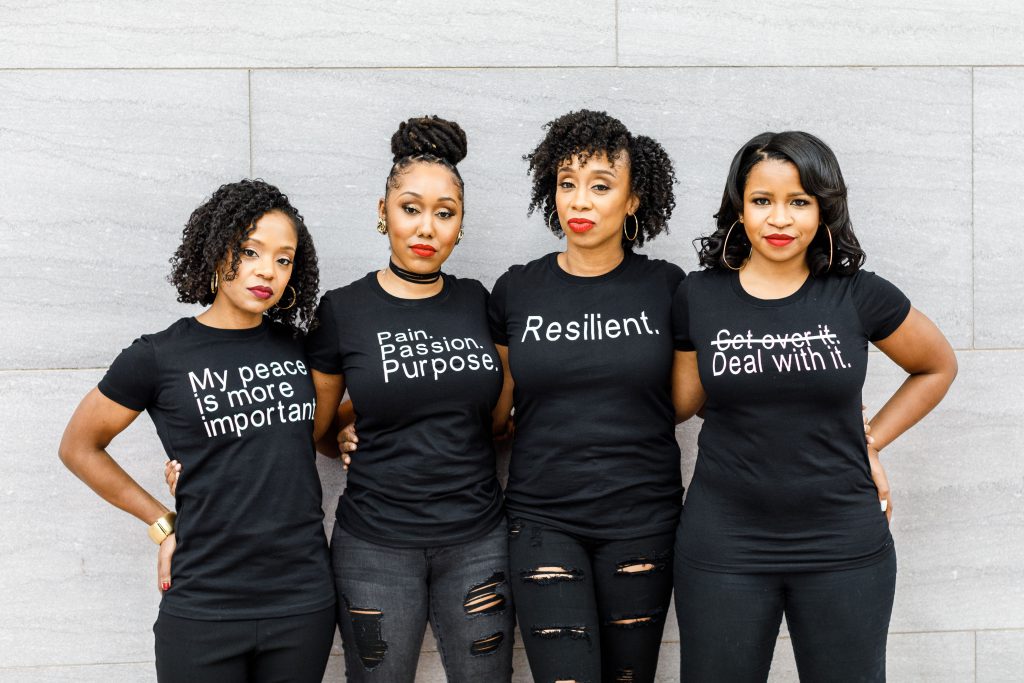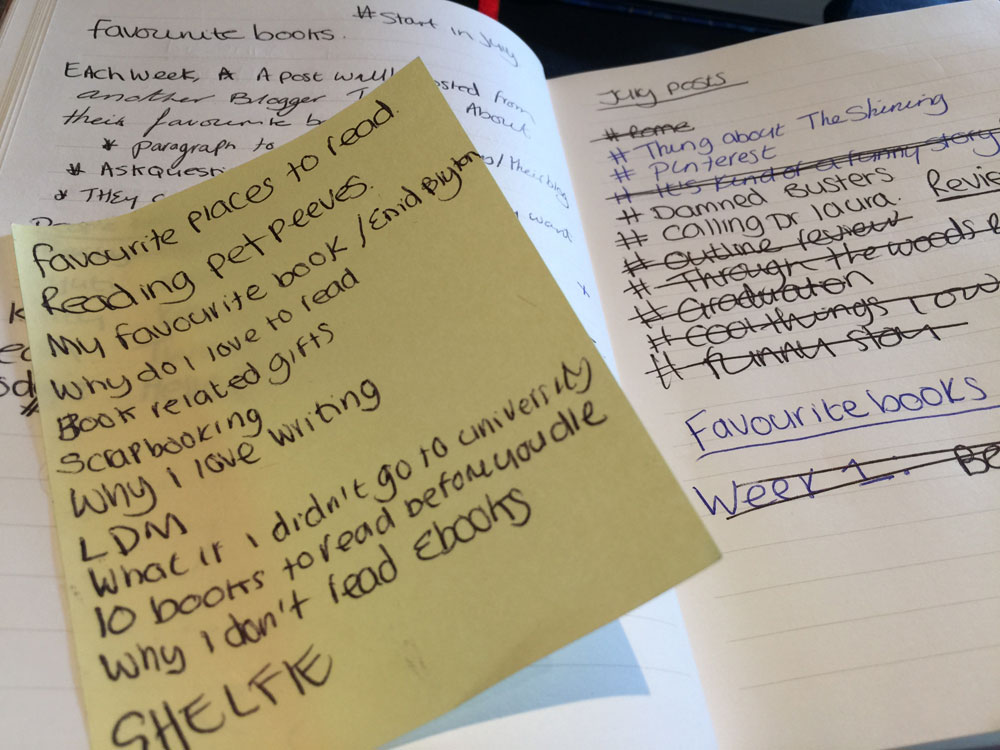Helping to facilitate a conversation around mental health, including promoting the therapeutic benefits of mindfulness activities such as journalling, has long been a goal for us at Paperblanks. We recently connected with Black Mental Wellness, an organization based in the United States who provide culturally sensitive mental health services with an overall goal to improve Black mental health and wellness.
Today we wanted to spotlight the important work they are doing and learn why this type of specialized psychological care is so vital.

Introducing Black Mental Wellness
Black Mental Wellness, Corp., was founded by four licensed clinical psychologists who are passionate about addressing mental health and wellness concerns in the Black community. The mission of Black Mental Wellness is to provide access to evidence-based information and resources about mental health and behavioral health topics from a Black perspective, to highlight and increase the diversity of mental health professionals, and to decrease the mental health stigma in the Black community.
In addition, we lead trainings and workshops for corporations and community agencies, develop culturally informed curriculum, provide consultation services, and we are available for a range of speaking engagements.
Access our free mental health and wellness resource: BlackMentalWellness.com.
Why is offering culturally sensitive and specific mental health support so valuable?
Culturally sensitive and specific mental health support is valuable as it directly informs mental health treatment and treatment outcomes. We know and accept that culture is connected to a person’s values, traditions, beliefs, religion, etc. It is also important to acknowledge that culture intersects with an individual’s identities including race, ethnicity, gender, age, sexuality, and all of this influences a person’s mental health and wellness.
Let’s briefly explore why culturally sensitive mental health support is important to best address the treatment needs of the client. Given the current stressors of 2020 including COVID-19 and the disproportionate ways that it has impacted the Black community, compounded by the current civil and social unrest, ongoing racial stressors (discrimination, microaggressions, prejudices), and other systemic issues that also disproportionately impact Black communities, many individuals are seeking mental health support due to feelings of exhaustion, hopelessness, frustration, identity exploration, being triggered and reminded of personally experienced and/or witnessed race-based traumas, and increased worries or feelings that something bad may happen. In addition, we know that for many Black people, mental health concerns and symptoms are often described in physical/somatic terms. For example, when describing symptoms of depression, individuals may deny depression, but rather describe experiencing muscle tension or bodily pains, irritability, loss of interest in activities, and general feelings of sadness and worthlessness.
If a mental health provider only assesses the client for symptoms of depression, anxiety, or even possible trauma, without an understanding of the larger context of how that client may be impacted by COVID-19 and/or race-based stressors, the provider will fail to address critical factors that may be contributing to the problems the client is seeking support to address, and treatment will be ineffective. In addition, the provider will miss an important treatment opportunity to provide the client with a safe and supportive environment to process all of these compounding events, and the provider will miss the chance to really help that client by not identifying culturally responsive coping strategies and ways to build their social support to cope with these stressors. Lastly, this may all lead to the client not feeling truly heard or seen in the therapy room, the treatment will be ineffective, and may result in the client terminating treatment prematurely as it may not seem helpful in addressing the true problems and concerns.
It is imperative that the mental health field continues to expand evidence-based practices and strategies for treating and addressing mental health through a more inclusive and cultural lens, and not as an add-on to existing models of care. It is also the duty of mental health providers and organizations that provide mental health services, to ensure that licensed mental health professionals are culturally competent and able to adapt their therapeutic approaches to best meet the diversity of clients to improve treatment outcomes and increase treatment engagement as it relates to Black mental health.

How can people learn more and help be allies in supporting Black mental health?
Currently, many allies are seeking ways to support mental health and wellness in the Black community and are searching for a place to start to make an impact. While this list is not exhaustive, here are a few ways that allies can support Black mental health:
Listen and educate yourself on the issues.
As a first step in supporting Black mental health, it is important that allies show up, listen to Black experts and mental health advocates currently doing the work, and educate yourself to better understand the issues impacting Black mental health. Additional ways to educate yourself on the issues include seeking resources (online searches), watching movies/documentaries, reading books, articles, etc. on racism, white privilege, and Black mental health, and identifying organizations currently working to improve Black mental health. These steps will allow allies to truly understand the factors that contribute to mental health concerns in the Black community, as well as the systems and strategies that are improving Black mental health, and you will be able to make a more informed decision on areas where you can make an impact.
Support.
Allies can support Black mental health through aligning with organizations that are already working to empower the Black community and working to improve Black mental health. This can be achieved by allies volunteering your time and skills to organizations, contributing resources to organizations, or contributing financial donations to help further the mission of organizations working to improve Black mental health.
Amplify Black voices.
Allies, use your platforms and resources to validate the experiences of Black people and to amplify Black voices and their concerns. This includes featuring Black organizations, Black experts, and highlighting issues specific to Black mental health on your platforms. This will expose a new and larger audience to the disparities, will educate more people on factors surrounding Black mental health, and has the possibility of motivating more people to get involved.
Acknowledge what is happening and show solidarity as a form of support.
Allies must acknowledge the injustices that continue to negatively impact the Black community and contribute to poorer mental health outcomes and commit to making a change. This solidarity will result in true change!
Get involved.
Participate and encourage others to join a diversity, equity, and inclusion initiative to improve Black mental health efforts. In many workplaces and within professional organizations, these groups are often attended by and led by people of color. Allies can join these efforts and support the work to show that Black mental health matters and is something we should all be working on together.
Self-reflect.
Allies, evaluate the systems around you (home, work, school, community) and determine additional ways that you can make a change. This can include a range of action steps such as engaging in anti-racism work with family, friends, and in the workplace; evaluating hiring practices on your job and commit to hiring more diverse staff particularly at leadership levels, addressing and changing any pay disparities; developing a more diverse and inclusive school curriculum that reflects all students and hiring diverse teaching staff; improving housing conditions and increasing community resources; and supporting policies and laws that support and improve mental health treatment and access to quality care, etc.
Stay committed.
The support of allies in improving mental health in the Black community requires a long-term commitment. Long after the trending headlines begin to fade, we need allies to stay committed to making long term, sustainable changes so that we begin to see equitable mental health treatment and access to quality mental health care in all communities.

Mental health affects us all. If you or someone you know needs help, you are not alone.
Call 1-800-273-8255 for the National Suicide Prevention Lifeline in the United States or 1-833-456-4566 for Crisis Services Canada.
Outside of North America, please visit the International Association for Suicide Prevention for a database of resources: www.iasp.info.






Can’t we just be concerned about all people with mental health issues and stop seeing color? My son is white and hasn’t had the help he needed. We’ve been doing classes and seeking answers for 20 years with little change!
Hi Mary J,
We are very sorry to hear about your difficulties finding the mental health care so necessary for your son. You are right that mental health issues do not discriminate based on colour. However, the work that Black Mental Wellness does is so important to the Black community as they address specific issues relating to systemic racism, daily microaggressions and other discriminatory issues that do relate to race.
That isn’t to say that everyone should not have access to the mental health care they they need. We have shared many other blog posts on the topic, and we hope you may find some help in our other resources: blog.paperblanks.com/?s=mental+health
We wish you the very best,
The Paperblanks Team